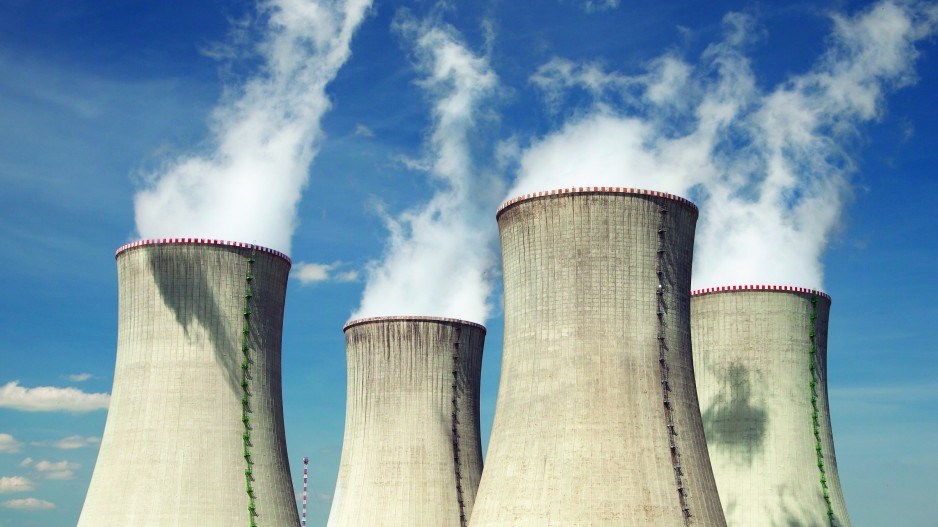Over 20 years ago, I attended a talk on sustainability and the future of Shell. They had asked a group of pundits to consider how they could be a viable company 500 years in the future.
The discussion was going nowhere until someone asked a very simple question: “What companies or institutions have actually been around for 500 years?” No one in the room had an answer so that became the starting point.
It turns out that there are not a lot of organizations which have lasted that long. The Roman Catholic Church, England, and a few other government or religious organizations. Two companies were found – a family-owned forestry company in Finland and a porcelain company in Japan. Both worked on a limited growth model.
And although it is tempting to talk about the effects of exponential growth – inflation – on wages and prices, the point here is oil companies recognize they need to change their business model and become energy companies if they want to exist over the next 500 years.
Which means thinking about alternative sources of energy and ways to get the most energy out of the limited resources they have.
Switching to more sustainable fuels is one step in the right direction. A Nobel-prize winning chemist, George Olah, framed an economy based on methanol or “wood alcohol” which can be made from renewable carbon sources. It could be one approach.
Switching to nuclear power as a source of electricity would make a lot of sense but there is an unrealistic perception of danger. For example, only one worker at the Fukishima reactor died and that was a result of the tsunami – not the nuclear power plant. Nuclear power is still an option.
Switching to fusion might be a possibility if it becomes practical. For now fusion reactions consume more energy than they produce. The same, by the way, can be said of ethanol as a replacement for gasoline. It is a net loss or, at best, a break-even proposition.
In re-designing the future of the energy industry, some serious questions need to be asked but it is only through re-designing that the industry will be sustainable.
And unless we want to give up our consumption patterns, a sustainable energy industry is critical.



